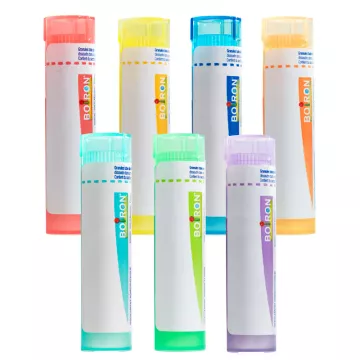



What is conjunctivitis?
Conjunctivitis, often called pink eye because of the redness and inflammation it causes, is a common condition affecting the conjunctiva, the transparent membrane that covers the white part of the eye and the inside of the eyelids. It can be caused by viruses, bacteria, allergens or chemical irritants.
The causes of conjunctivitis fall into three main categories: viral, bacterial and allergic. Viral and bacterial conjunctivitis are contagious and can spread easily, while allergic conjunctivitis is often caused by a reaction to allergens such as pollen, dust or smoke.
Symptoms of conjunctivitis include:
Redness in the eye(s)
Scratching or burning sensation
Yellowish or greenishsecretions, especially on awakening
Excessive tearing
Sensitivity to light
Treatment of conjunctivitis depends on its cause:
Viral: often resolves itself. Cold compresses and artificial tears can relieve symptoms.
Bacterial: Antibiotic drops or ointments may be prescribed.
Allergic: Antihistamines or anti-allergic eye drops may be recommended to reduce inflammation.
To prevent the spread of conjunctivitis, follow these tips:
Wash your hands frequently with soap and water.
Avoid touching or rubbing your eyes.
Don't share personal items such as towels, sheets or eye cosmetics.
Use protective eyewear if exposed to chemicals or irritants.
Yes, both viral and bacterial forms of conjunctivitis are contagious. They can be spread by direct contact with secretions from the eye of an infected person, or by contaminated objects. Allergic conjunctivitis is not contagious.
The duration of conjunctivitis varies according to its type. Viral conjunctivitis can last from one to two weeks, and often disappears without treatment. Bacterial conjunctivitis can take 7 to 10 days to resolve with appropriate antibiotic treatment. Allergic conjunctivitis lasts as long as exposure to the allergen persists, or may be seasonal.
To limit the spread of viral or bacterial conjunctivitis, it is advisable to avoid school, work or public places for the first few days. For allergic conjunctivitis, which is not contagious, the decision depends on comfort and the ability to manage symptoms.
Yes, children are particularly susceptible to conjunctivitis because of their proximity to schools and playgrounds, and their tendency to rub their eyes. It's crucial to teach children the importance of hand hygiene to prevent the spread.
While some home remedies are no substitute for medical advice, they can relieve symptoms:
Cold compresses for allergic conjunctivitis or warm compresses for bacterial types can bring relief.
The use of artificial tears can help clean and lubricate the eye.
Avoid irritants such as smoke and chlorine, which can aggravate symptoms.
However, it is essential to consult a healthcare professional for proper diagnosis and treatment.
In most cases, conjunctivitis resolves without causing long-term damage. However, if left untreated, particularly bacterial conjunctivitis, it can lead to more serious complications, such as corneal infection or vision problems. So it's important to consult a healthcare professional if you suspect conjunctivitis, or if symptoms worsen.